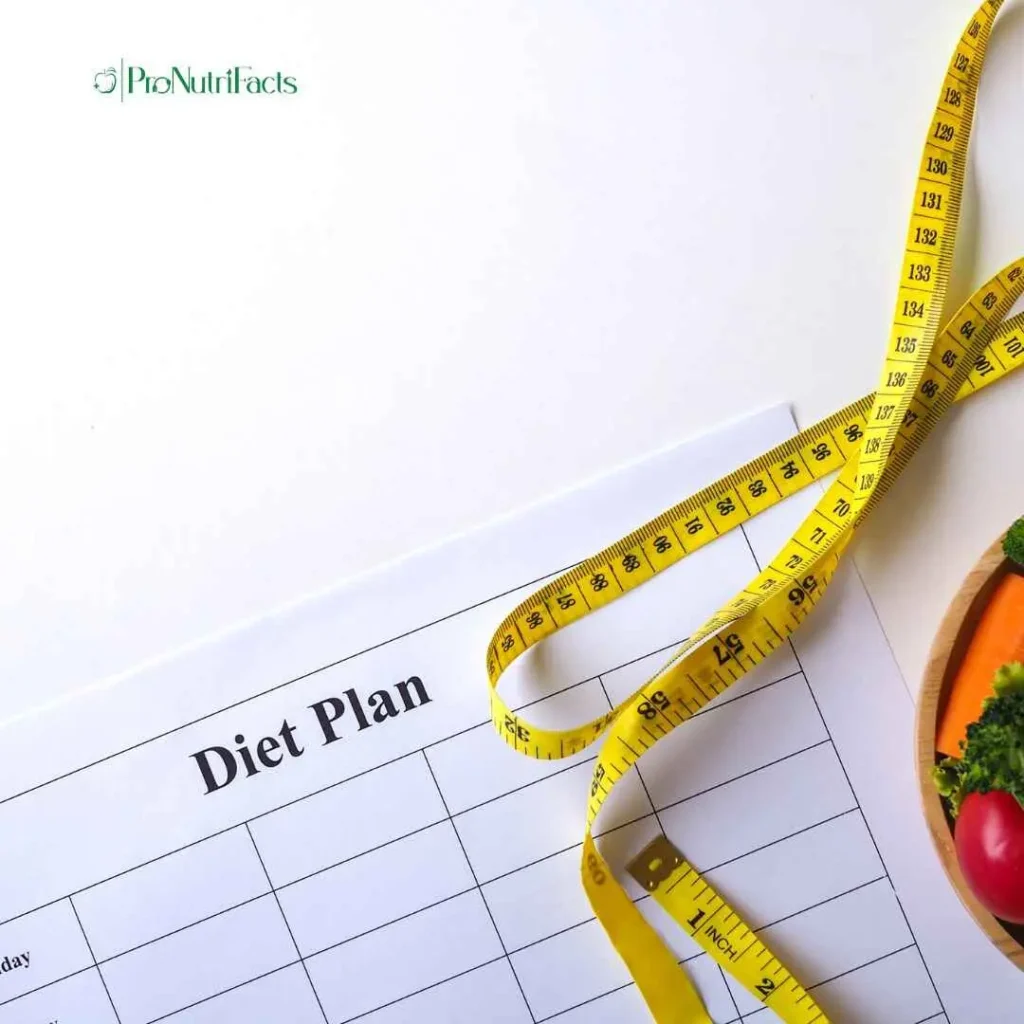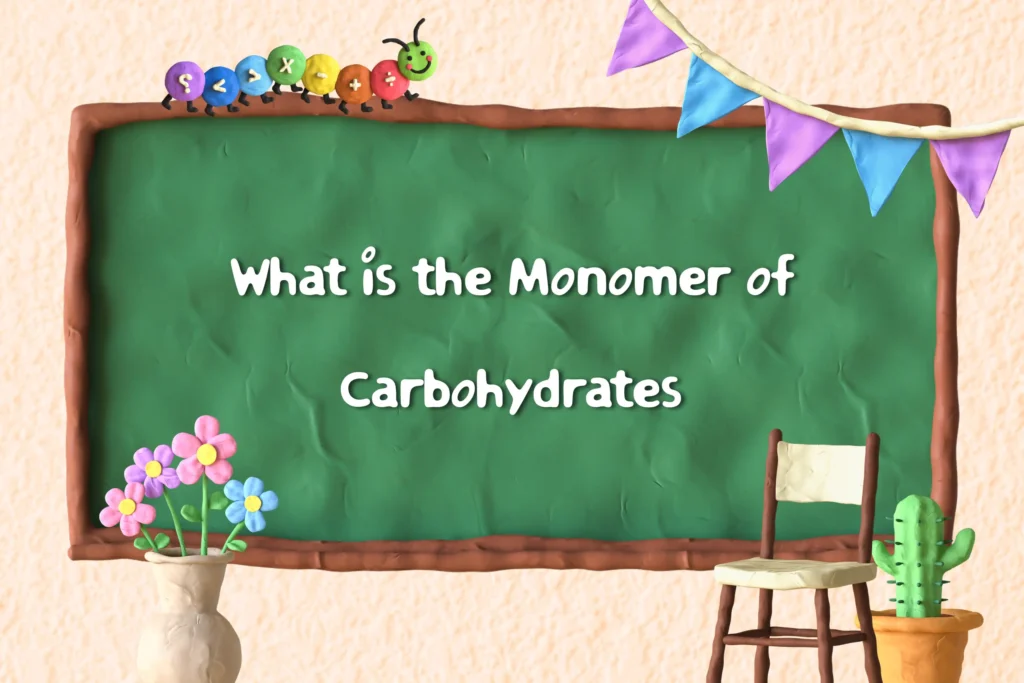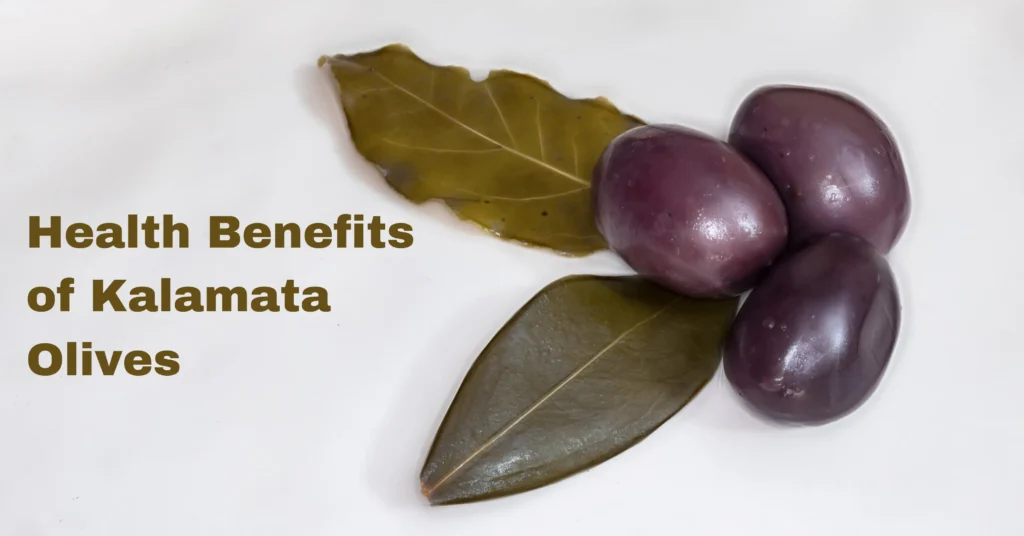When it comes to losing weight, many people face the challenge of choosing the right eating plan. One common debate is no carbs diet plan vs. low carb, but what’s the real difference? While both limit carbohydrates, they aren’t the same, and understanding how they work can help you make smarter choices for your weight loss journey.
A lot of people confuse the two, assuming a no carb plan and a low carb diet are identical. However, they each have unique rules, food options, and impacts on how your body burns fat and manages energy.
In this article, we break down no carbs diet plan vs. low carb clearly and simply. No complicated jargon—just an easy comparison to help you find out which plan fits your body and your weight loss goals best.
What’s the Difference Between a No-Carb and Low-Carb Diet?
While no carbs diet plan vs. low carb might sound similar, they have key differences that can impact your weight loss and overall health. The main distinction is how much they limit carbs, and what types of foods you can eat on each plan. Let’s break down both options to help you decide which approach might work better for you.
No-Carb Diet Overview
A no carb diet menu plan cuts out all digestible carbs like fruits, grains, legumes, and starchy vegetables. This plan focuses strictly on high protein and high fat foods such as meat, fish, eggs, cheese, and oils. People following this plan typically consume fewer than 10 grams of carbs per day, making it extremely strict and limiting food choices.
Low-Carb Diet Overview
A low carb diet plan lowers carb intake but doesn’t fully eliminate them. This approach still includes nutrient-dense foods like fruits, leafy greens, and some whole grains or legumes. A low-carb diet plan balances protein, healthy fats, and low glycemic carbs to support steady energy and weight loss.

How Each Diet Impacts Weight Loss
Choosing between a no carbs diet plan vs. low carb approach can shape your weight loss journey in very different ways. Both can help you lose weight, but they work through different mechanisms and have varying impacts on your body. Let’s explore how each method affects fat loss and overall health.
No-Carb for Fast Fat Loss
A no carb diet plan for weight loss often triggers quick weight loss due to glycogen depletion and water loss. Without carbs, the body sheds stored water and may lower appetite, naturally reducing daily calories and overall calorie intake. Drinking more water perfectly helps reduce weight. Over time, ketosis kicks in, shifting your body to burn fat for fuel—a process similar to keto diets.
Low-Carb for Sustainable Weight Loss
A low-carb diet for weight loss promotes steady fat loss while being easier to maintain long term. Since some carbs remain in your meals, you’ll likely experience more balanced energy throughout the day. The flexibility of low-carb diet foods makes this diet suitable for a variety of body types and lifestyles, reducing the risk of burnout and helping people stick to it.
Pros and Cons of Each Diet
When comparing a no carbs diet plan vs. low carb, it’s important to weigh the benefits and drawbacks. Both diets can support weight loss but come with different challenges and rewards depending on your health goals and lifestyle. Here’s a breakdown of the pros and cons for each.
No-Carb Diet
Pros:
A no carb diet menu plan often results in rapid weight loss at the start due to water and glycogen loss. Many people also notice appetite suppression, leading to fewer cravings and a drop in daily calories. Additionally, some diabetics may see improved blood sugar control due to the elimination of carb-heavy foods like grains and legumes.
Cons:
Going all-in on an easy no carb diet plan may lead to nutrient deficiencies, particularly fiber and certain vitamins like C and B. People often report low energy, mood swings, and constipation when cutting out all carbs, including fruits and starchy vegetables. For most, this eating pattern is too restrictive to maintain in the long term.
Low-Carb Diet
Pros:
A low carb diet plan is more balanced, offering room for leafy greens, low glycemic fruits, and some grains, making it more nutritious overall. It’s easier to follow long term, which helps with weight loss consistency. Many find this option ideal for moderate weight loss goals while still feeling satisfied.
Cons:
Weight loss on a low-carb diet weight loss in 2 weeks may happen more gradually compared to no-carb plans. Like any diet, it still requires mindfulness around food choices and portion sizes. Some people may also experience low energy levels in the first few days as the body adjusts.

Which Diet is Better for You?
Deciding between a no carbs diet plan vs. low carb comes down to your personal needs, lifestyle, and weight loss goals. Both can help you lose weight, but each serves a different purpose and works better for different people. Here’s a quick guide to help you choose the right path.
Choose No-Carb If:
A no carb diet plan for weight loss might suit you if you need fast results over a short period, like preparing for an event or jumpstarting fat loss. It’s ideal if you’re okay with cutting out fruits, grains, legumes, and other carb-heavy foods completely. A two week no carb diet plan may be effective but should be done under professional supervision to manage any side effects.
Choose Low-Carb If:
A low carb diet plan is better for those seeking long-term, flexible weight loss without severe restrictions. It fits well if you travel often or enjoy social gatherings, where food choices may vary. Plus, low carb meals provide more fiber and variety, making it easier to meet nutritional needs while still supporting weight loss.
Key Nutrients to Watch On Both Diets
Whether you follow a no carbs diet plan vs. low carb, nutrient gaps can happen. On a no carb diet food plan, fiber is a common concern since grains, legumes, and fruits are eliminated. Low fiber may cause constipation and gut health issues, so consider fiber supplements or leafy greens when possible.
Both diets can also lead to low levels of magnesium, potassium, and sodium—key electrolytes needed for energy and muscle function. Adding mineral-rich foods or supplements may help balance these out, especially on stricter plans.
Finally, B-vitamins and antioxidants from fruits and vegetables are critical for energy, immunity, and overall well-being. On a low-carb diet food list, you’ll still get some from allowed veggies, but a no carb diet menu plan may require extra supplementation. Be mindful and consult a professional if unsure.

Sample 1-Day Comparison: No-Carb vs. Low-Carb
No-Carb Sample Day
A no carb diet menu plan sticks to proteins and fats only. For breakfast, you might have eggs cooked in butter with bacon. Lunch could be grilled chicken paired with fresh avocado for healthy fats. Dinner might feature salmon with spinach sautéed in olive oil. Snacks throughout the day could include cheese and beef jerky to stay within your carb limit.
Low-Carb Sample Day
A low-carb diet plan is more flexible and includes some carbs. Breakfast could be scrambled eggs with spinach and feta cheese. For lunch, turkey lettuce wraps with tomatoes keep it light and balanced. Dinner might include grilled steak with roasted broccoli and a small serving of quinoa. Snacks could include Greek yogurt and a handful of almonds for healthy fats and fiber.
FAQs – Straight Answers to Real Pain Points
Q1: Can I lose belly fat faster with a no-carb diet?
Yes, you may experience quick weight loss initially, but much of it is water weight due to glycogen depletion. True fat loss is achieved through a sustained calorie deficit over time, regardless of the diet approach.
Q2: Will I gain weight back after stopping no-carb?
Rapid weight regain is common, primarily due to the return of water and glycogen in your muscles. The key to maintaining weight loss is focusing on sustainable changes that suit your lifestyle in the long term.
Q3: Is no-carb safe for women or people with thyroid issues?
A no-carb diet plan can be harsh on your hormones, especially for women or individuals with thyroid issues. It’s best to consult a healthcare professional before trying this diet, as it could have adverse effects without proper monitoring.
Q4: I tried low-carb before and felt weak. Why?
If you felt weak, it might be due to an electrolyte imbalance or too few calories. Staying hydrated and maintaining a balanced diet with enough nutrients can help mitigate these side effects and restore energy levels.
Q5: Can I build muscle on a no-carb diet?
Building muscle on a no-carb diet is possible but more challenging, as carbs play a vital role in muscle recovery and growth. A low-carb diet offers a better balance of nutrients to support muscle gain.
Q6: Can the Keto Diet Cause Constipation?
Yes, the keto diet can cause constipation. Since the keto diet cuts out many carb-rich foods like fruits, grains, and starchy vegetables, you may end up eating less fiber. Fiber is key for keeping digestion smooth and regular. Without enough of it, constipation can become common.
Also, shifting to a high-fat, low-carb diet can change gut bacteria and slow digestion. To help, focus on adding non-starchy, fiber-rich veggies (like leafy greens), drink plenty of water, and consider magnesium supplements if needed.
Final Thoughts
The final verdict: A no-carb diet may offer rapid, short-term fat loss but is restrictive and harder to maintain. A low-carb diet, on the other hand, is more sustainable and practical for long-term success.
Ultimately, choose the diet that aligns best with your body, lifestyle, and goals—avoid following trends. And always consult with a healthcare professional before committing to any extreme diet, ensuring it’s a safe and effective choice for you. Discover more health advice at Pronutrifacts!






